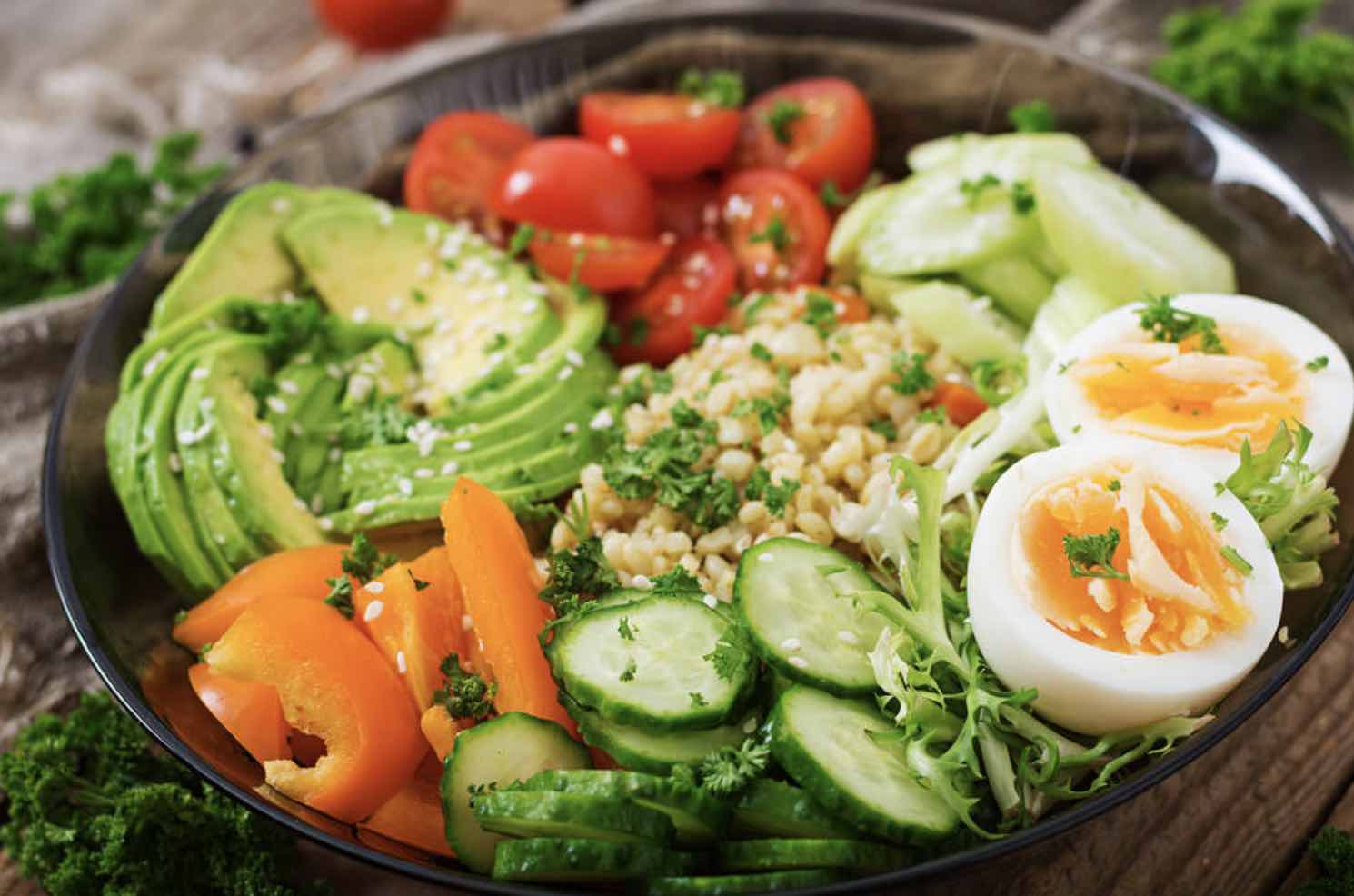Flexitarianism may be shunned by strict vegetarians and vegans who consider any form of animal consumption unethical, those who are more focused on eating healthy and reducing environmental impact may find this diet favourable.
This diet concept is believed to have gained popularity after hollywood celebrity Paul McCartney shared the #MeatfreeMonday, encouraging people to go meatless on Mondays. This then sparked the flexitarian movement as a lifestyle change that promotes both physical and environmental wellness.
So how does one become a flexitarian you ask? simple. If your goal is to improve your health, eat mostly fresh vegetables and fruits, cut down on all forms of processed foods and limit your meat intake to as little as possible. Be sure however to incorporate necessary dietary supplements or non-animal alternatives to make up for the lack of protein and iron you would face due to cutting down on meat. Consuming less meat has been proven to lower your risk of heart disease, cancer and type 2 diabetes.
If your intention to cut down on meat is due to environmental concern but are not able to completely forgo meat as you enjoy it, flexitarianism is the happy middle you’ve been searching for. It is known that animal agriculture has quite a bit of an impact on global warming due to the release of methane and other greenhouse gases. By consuming less meat and especially red meat, there would not be a need to continuously expand animal agriculture to meet demand thus leading to a reduced rate of global warming
